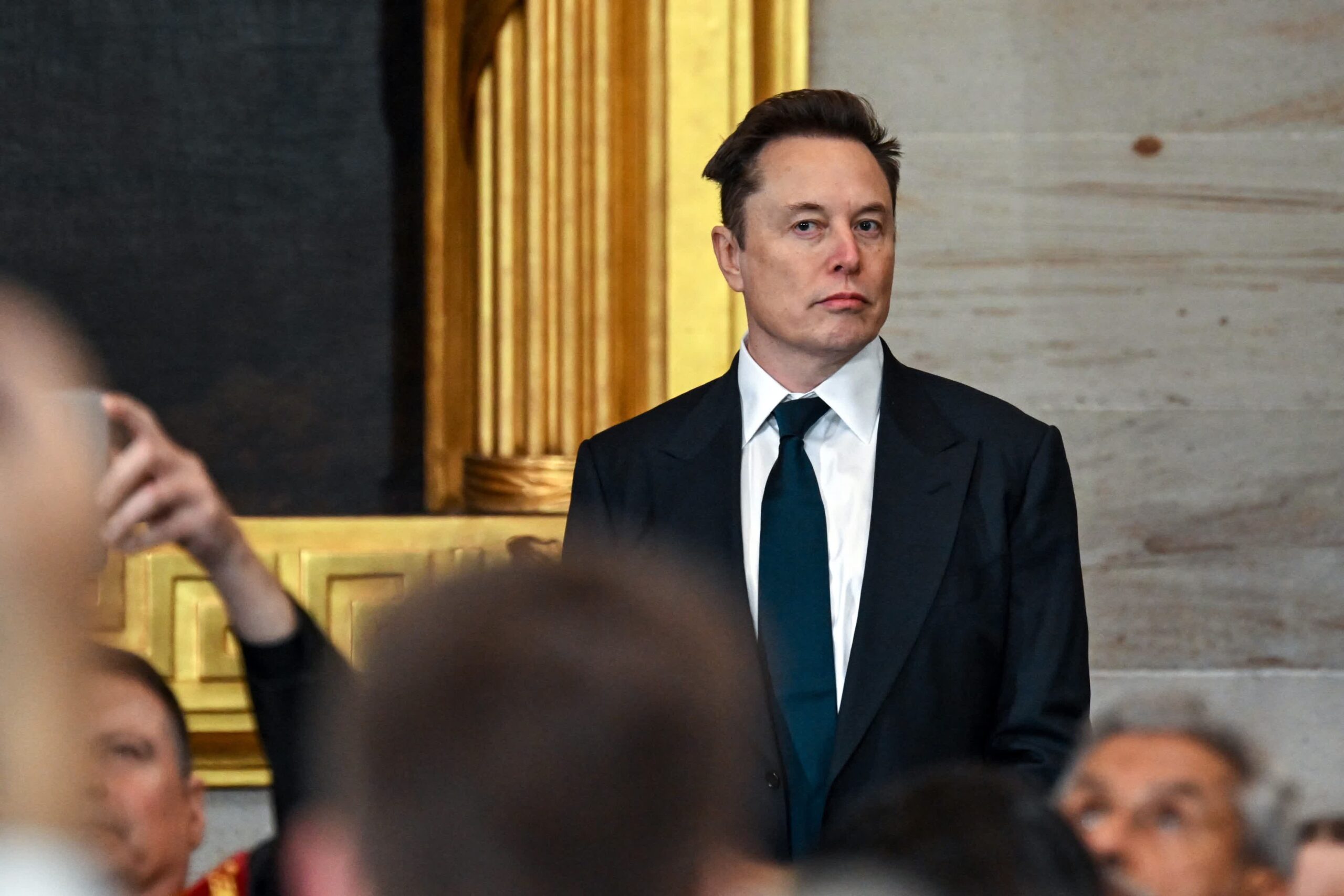A rapid series of agreements between US companies and Tesla CEO Elon Musk’s enterprises highlight optimism related to his closeness with President Donald Trump. Despite concerns surrounding Musk’s aggressive actions to restructure the federal government, these deals suggest that the world’s wealthiest individual is gathering a significant amount of influence.
Some of the announcements may indicate a potential turnaround following Musk’s problematic acquisition of X, formerly known as Twitter. In 2022, Musk offered to purchase Twitter for $44 billion and unsuccessfully tried to withdraw from the agreement. Since then, the social media platform has lost substantial value as advertisers pulled out over concerns related to hate speech.
Nonetheless, Bloomberg recently shared that a consortium of banks led by Morgan Stanley intends to offload up to $3 billion of Twitter’s debt, thanks to a $6 billion investment in Musk’s AI startup xAI. Amid rapid expansion in the AI market, recent fundraising activities appraised xAI at $50 billion.

Moreover, key advertisers are starting to return to Twitter. Informants revealed to The Wall Street Journal that Amazon is boosting its ad expenditure on the site, and Apple is contemplating a phased return following its 2023 withdrawal.
Another arrangement that might enhance Twitter’s value, settle its debts, and help Musk realize his broader agenda for the social network involves Visa. The credit card firm plans to become the pioneer in permitting peer-to-peer payments, wallets, and bank transfers directly through the platform.
Having acquired the social media company, Musk stated his desire to convert it into an “everything app,” akin to China’s Weibo, which integrates features from Twitter, Amazon, and PayPal. Visa appears to be the first collaborator embracing the billionaire’s vision.
Another milestone for the Everything App: @Visa is our first partner for the @XMoney Account, which will debut later this year.
Allows for secure + instant funding to your X Wallet via Visa Direct
Connects to your debit card allowing P2P payments
Option to instantly…
– Linda Yaccarino (@lindayaX) January 28, 2025
Musk’s Starlink internet service has also secured new collaborators following the CEO’s growing involvement in Trump’s inner circle. United Airlines has expedited its plans to integrate the satellite service to offer in-flight Wi-Fi, and select iPhone users with T-Mobile can now experiment with the satellite-to-cell service in remote regions lacking traditional coverage.
These and other negotiations are occurring as Musk’s newly formed Department of Government Efficiency (DOGE) takes control of crucial federal government mechanisms. After Musk invested over $260 million in support of Trump’s reelection bid, the incoming president provided him with an office in the White House, assigning DOGE the task of discovering methods to reduce federal expenditures. The tech mogul aims to cut $2 trillion.
In the early stages of Trump’s new administration, DOGE has secured access to US Treasury systems which manage Social Security, Medicare, and tax refund disbursements. There is apprehension that Musk could utilize the data to unlawfully suspend funding for government programs.

Musk has also urged government staff to resign and halted activities at USAID, which oversees the distribution of life-saving medications and other foreign aid globally. Though the agency hasn’t been completely dismantled, and some aid forms are exempt from recent cuts, DOGE is reportedly still hindering HIV/AIDS relief efforts.
While Congress members deem the tech CEO’s actions illegal and perilous, investors are increasingly perceiving his enterprises as a relatively secure investment. Despite intensifying competition in sectors like electric vehicles and AI, burgeoning shares have escalated Musk’s net worth since the November election, positioning him almost on par with the combined worth of Amazon founder Jeff Bezos and Meta CEO Mark Zuckerberg.




